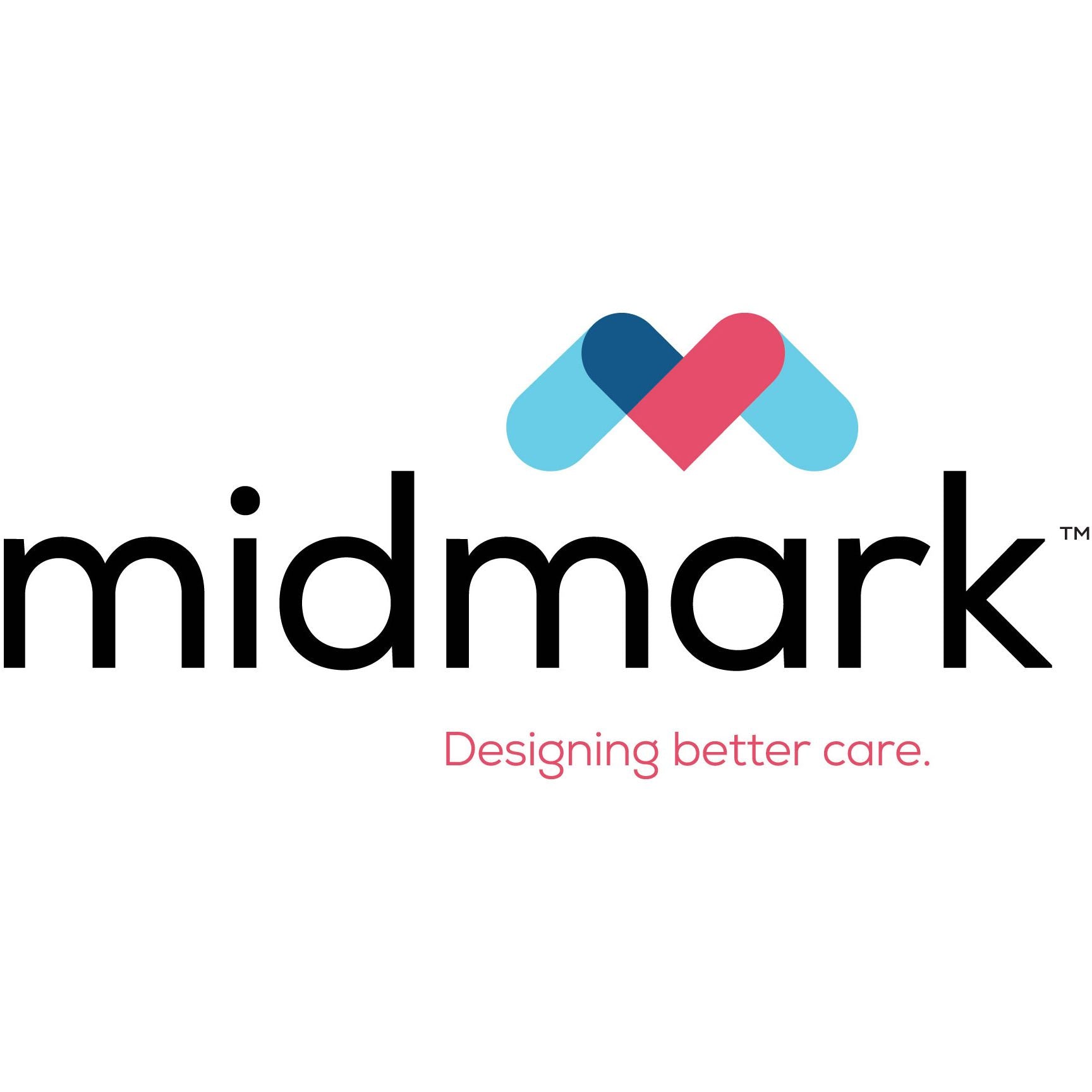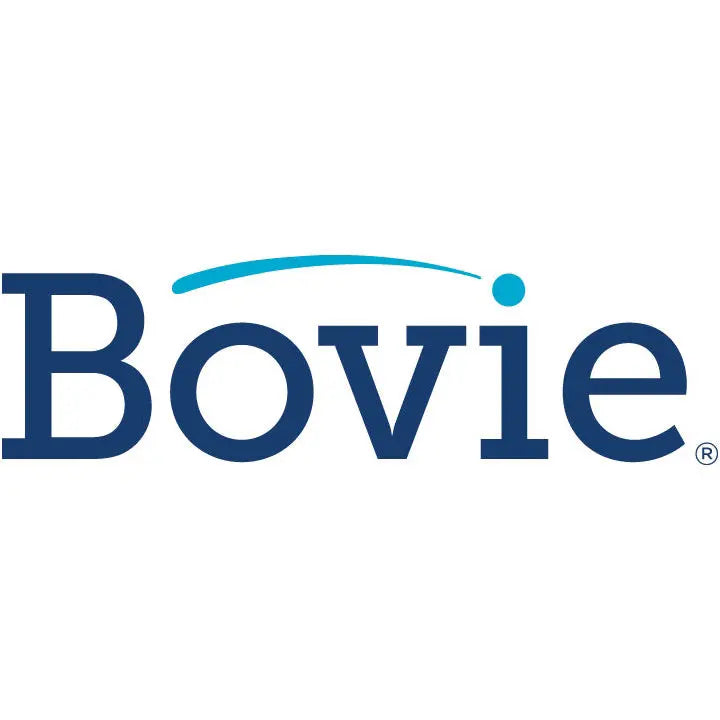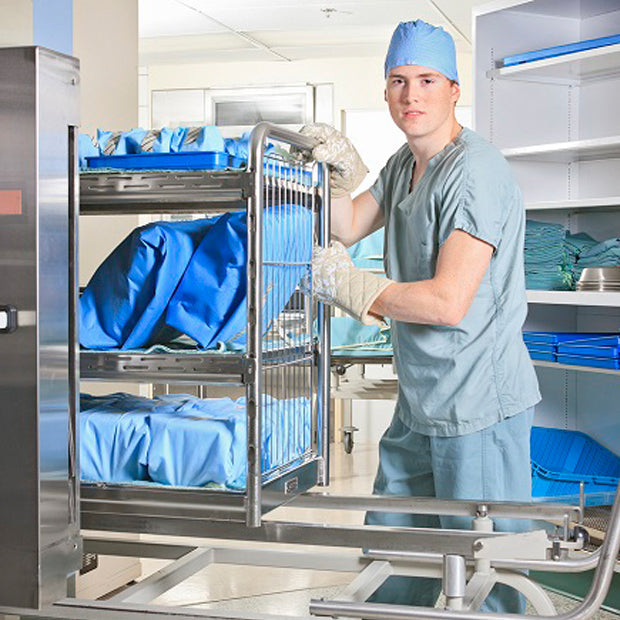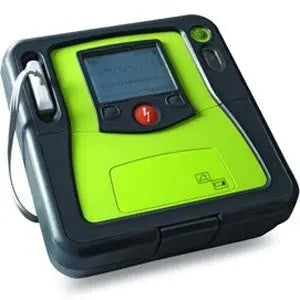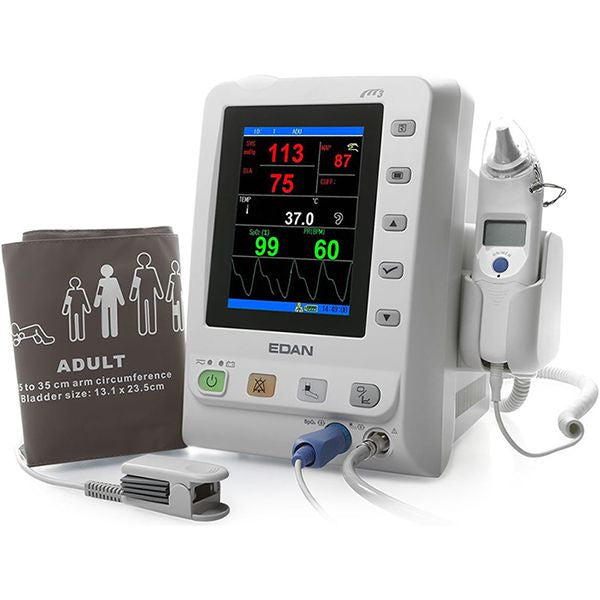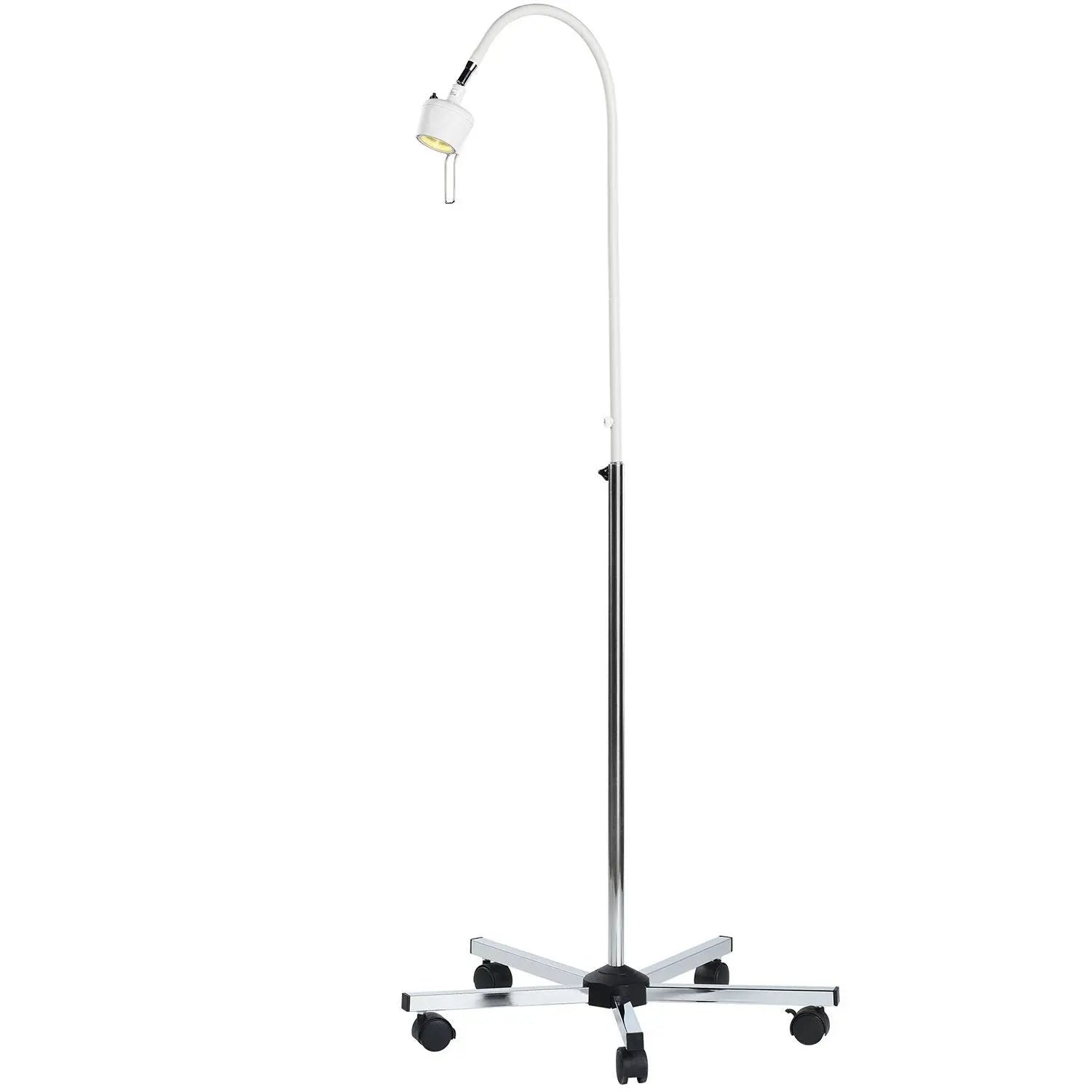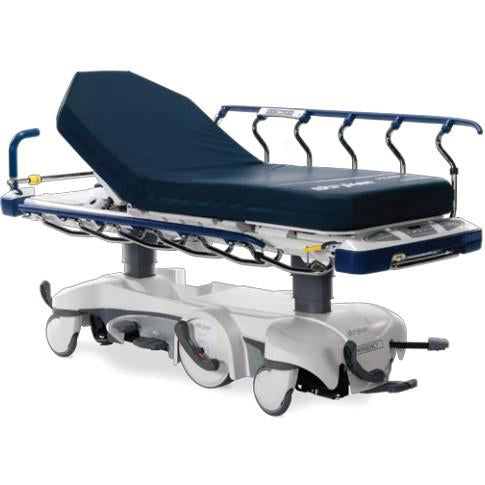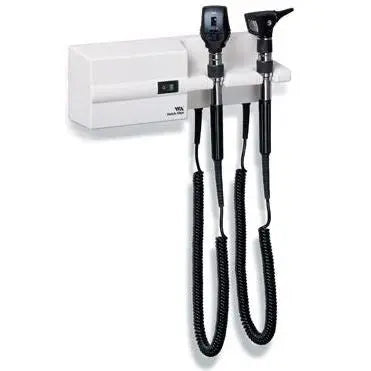Pathology
Pathology Equipment and Supplies from MFI Medical
Welcome to MFI Medical, your trusted provider for Pathology equipment and supplies. We offer a diverse range of high-quality products tailored to meet the needs of modern pathology laboratories. Our comprehensive selection includes everything from advanced microscopes and histology equipment to essential specimen collection tools and lab consumables, all designed to facilitate accurate and efficient diagnostic processes.
Recommended Product Categories:
- Microscopes - High-resolution microscopes essential for detailed tissue examination and analysis.
- Histology Equipment - Devices for tissue processing, embedding, sectioning, and staining, supporting the entire histological examination process.
- Specimen Collection Tools - Comprehensive tools for collecting, storing, and handling samples to maintain integrity and prevent contamination.
- Laboratory Consumables - Disposables such as slides, cover slips, and labeling solutions that are crucial for daily lab operations.
- Diagnostic Kits - Advanced testing kits for specific pathologies, enabling rapid and accurate disease identification.
FAQ:
- What features do your microscopes offer for pathology applications?
- Our microscopes are equipped with features such as multiple magnification settings, high-quality optics, and digital imaging capabilities, facilitating detailed cellular and tissue examination.
- How do your histology equipment enhance lab efficiency?
- Our histology equipment is designed for automation and user-friendliness, significantly reducing processing times and increasing throughput in pathology labs.
Conclusion:
MFI Medical is committed to supporting pathologists with advanced equipment and supplies that enhance the precision and efficiency of pathology practices. Our wide range of pathology solutions helps laboratories achieve accurate results and improve diagnostic capabilities. Contact us today to discover how we can help enhance your laboratory's operational excellence.
Pathology
A pathologist deals with the causes and nature of disease and contributes to diagnosis, prognosis and treatment through knowledge gained by the laboratory application of the biologic, chemical and physical sciences. This specialist uses information gathered from the microscopic examination of tissue specimens, cells and body fluids, and from clinical laboratory tests on body fluids and secretions for the diagnosis, exclusion and monitoring of disease.
To acknowledge the diverse activities in the practice of Pathology and to accommodate the interests of individuals wanting to enter the field, the American Board of Pathology offers primary certification through the following three routes:
- Pathology – Anatomic/Pathology – Clinical,
- Pathology – Anatomic, or
- Pathology – Clinical.
A variety of subspecialty certificates are offered. Primary certification in Pathology – Anatomic or Pathology – Clinical may be combined with some of the subspecialty certifications.
Contact the board to learn about specialty and subspecialty certification requirements.
Subspecialties
Blood Banking/Transfusion Medicine
A pathologist who specializes in Blood Banking/Transfusion Medicine is responsible for the maintenance of an adequate blood supply, blood donor and patient-recipient safety, and appropriate blood utilization. Pre-transfusion compatibility testing and antibody testing assure that blood transfusions, when indicated, are as safe as possible. This specialist directs the preparation and safe use of specially prepared blood components, including red blood cells, white blood cells, platelets and plasma constituents, and marrow or stem cells for transplantation.
Clinical Informatics
Physicians who practice Clinical Informatics collaborate with other health care and information technology professionals to analyze, design, implement and evaluate information and communication systems that enhance individual and population health outcomes, improve patient care and strengthen the clinician–patient relationship. Clinical informaticians use their knowledge of patient care combined with their understanding of informatics concepts, methods and tools to: asses information and knowledge needs of health care professionals and patients; characterize, evaluate and refine clinical processes; develop, implement and refine clinical decision support systems; and lead or participate in the procurement, customization, development, implementation, management, evaluation and continuous improvement of clinical information systems.
Cytopathology
A cytopathologist is an anatomic pathologist trained in the diagnosis of human disease by means of the study of cells obtained from body secretions and fluids; by scraping, washing, or sponging the surface of a lesion; or by the aspiration of a tumor mass or body organ with a fine needle. A major aspect of a cytopathologist’s practice is the interpretation of Papanicolaou-stained smears of cells from the female reproductive systems (the “Pap” test). However, the cytopathologist’s expertise is applied to the diagnosis of cells from all systems and areas of the body and in consultation to all medical specialists.
Dermatopathology
A dermatopathologist is expert in diagnosing and monitoring diseases of the skin, including infectious, immunologic, degenerative and neoplastic diseases. This entails the examination and interpretation of specially prepared tissue sections, cellular scrapings and smears of skin lesions by means of light microscopy, electron microscopy and fluorescence microscopy.
Hematopathology
A hematopathologist is expert in diseases that affect blood cells, blood clotting mechanisms, bone marrow and lymph nodes. This specialist has the knowledge and technical skills essential for the laboratory diagnosis of anemias, leukemias, lymphomas, bleeding disorders and blood clotting disorders.
Neuropathology
A neuropathologist is expert in the diagnosis of diseases of the nervous system and skeletal muscles and functions as a consultant primarily to Neurologists and Neurosurgeons. This specialist is knowledgeable in the infirmities of humans as they affect the nervous and neuromuscular systems, be they degenerative, infectious, metabolic, immunologic, neoplastic, vascular or physical in nature.
Pathology – Chemical
A chemical pathologist has expertise in the biochemistry of the human body as it applies to the understanding of the cause and progress of disease. This specialist functions as a clinical consultant in the diagnosis and treatment of human disease. Chemical pathology entails the application of biochemical data to the detection, confirmation or monitoring of disease.
Pathology – Forensic
A forensic pathologist is an expert in investigating and evaluating cases of sudden, unexpected, suspicious and violent death as well as other specific classes of death defined by law. The forensic pathologist serves the public as coroner or medical examiner, or by performing medicolegal autopsies for such officials.
Pathology – Medical Microbiology
A medical microbiologist is expert in the isolation and identification of microbial agents that causes infectious disease. Viruses, bacteria and fungi, as well as parasites are identified and, where possible, tested for susceptibility to appropriate antimicrobial agents.
Pathology – Molecular Genetic
A molecular genetic pathologist is expert in the principles, theory, and technologies of molecular biology and molecular genetics. This expertise is used to make or confirm diagnoses of Mendelian genetic disorders, disorders of human development, infectious diseases and malignancies and to assess the natural history of those disorders. The molecular genetic pathologist provides information about gene structure, function and alteration and applies laboratory techniques for diagnosis, treatment and prognosis for individuals with related disorders.
Pathology – Pediatric
A pediatric pathologist is expert in the laboratory diagnosis of diseases that occur during fetal growth, infancy and child development. The practice requires a strong foundation in general pathology and substantial understanding of normal growth and development, along with extensive knowledge of pediatric medicine.


